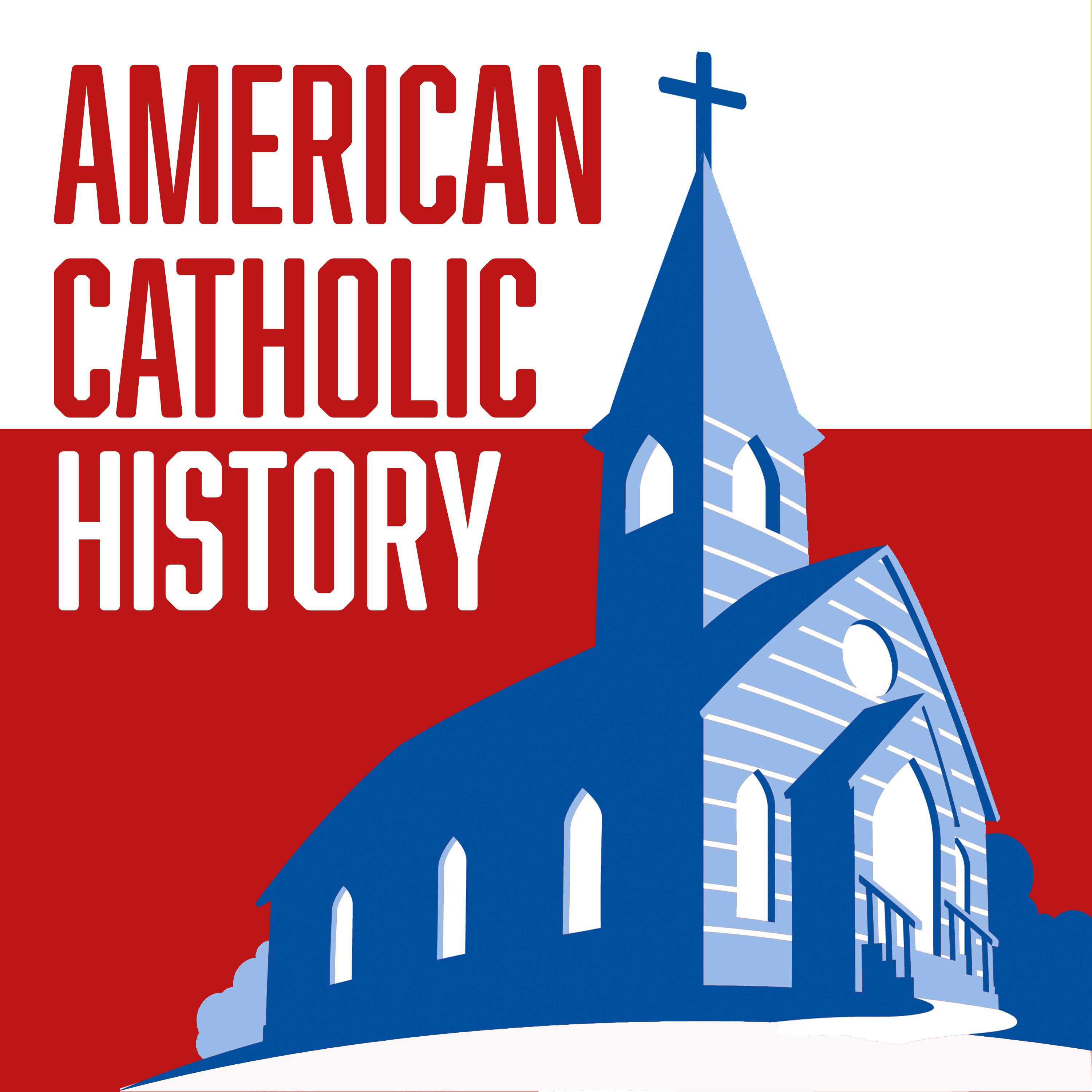Mother Mary Lange, OSP
Description
Mother Mary Lange, OSP founded the Oblates of the Sisters of Providence, the first religious community for black Americans. She was born Elizabeth Clarisse Lange in the Caribbean, either on Hispaniola or Cuba, in the 1780s or 1790s. Her mother was the daughter of a wealthy planter and her father was a slave. She received an excellent education in Cuba. Eventually she immigrated to the United States, settling in Baltimore. She inherited a large sum of money and was able to support herself. But she also had a desire to teach. Maryland was a slave state, but Baltimore at the time had more free black persons than enslaved. Many of them were from the Caribbean like she was, and most were poorly educated. There were no public schools that admitted blacks, and not enough private schools to serve the need. Elizabeth and a friend opened a school for black girls in Elizabeth’s home, funded entirely by her inheritance. After about ten years the money was running out. Fortunately, Father James Joubert, a Sulpician who had been helping to catechize black youth, stepped in. With the support of Baltimore’s archbishop, James Whitfield, Father Joubert aided Elizabeth Lange and her friends to keep their school going, and he helped them fulfill another dream: to found a religious community for black women. In 1829 the Oblate Sisters of Providence was established with Elizabeth Lange taking the name Mary and being named the first superior. For the next 50 years, Mother Lange labored to do whatever needed to be done to support the school, to educate children, and to help the community in whatever way was needed.
More Episodes
In January 1634 two ships, The Ark and The Dove landed on St. Clement Island in the Potomac River, within the new colony of Maryland. The two ships were built by George Calvert, the first Baron Baltimore, to help him establish a colony of his own in the Americas. And with his conversion to...
Published 11/19/24
During World War I, the Knights of Columbus did more than anyone else — including the U.S. government — to help soldiers serving overseas, or even in remote parts of the U.S. Through their huts the “Caseys” distributed stationery, gum, playing cards, cigarettes, and so much more. Catholic...
Published 11/15/24
Published 11/15/24


